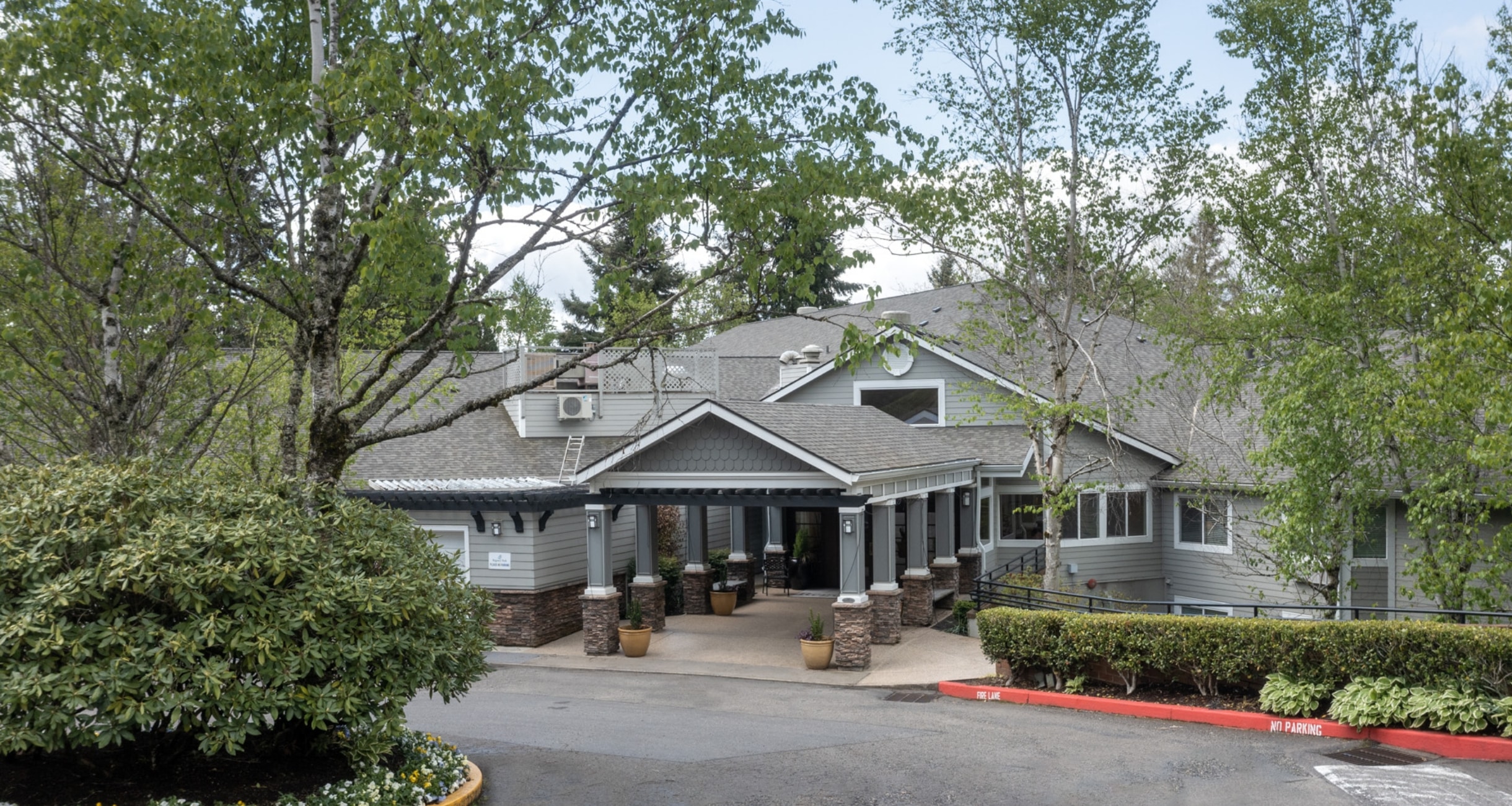Discover Charlotte Memory Care: Compassionate Senior Citizen Care Solutions
Discover Charlotte Memory Care: Compassionate Senior Citizen Care Solutions
Blog Article
Creating a Safe and Supportive Environment: In-Home Memory Treatment Fundamentals
Establishing a secure and caring atmosphere for people calling for at home memory treatment is extremely important to their wellness and quality of life. From ensuring safety and security within the space to utilizing effective interaction methods and executing memory-friendly design aspects, there are vital components that add to an alternative treatment method. By focusing on producing a supportive ecological community that accommodates the unique demands of those with memory disabilities, caretakers can dramatically improve the day-to-day experiences of their liked ones.

Safe Living Atmosphere
Developing a hazard-free and safe living setting is critical when providing at home memory treatment for people with cognitive impairments. Guaranteeing the security of the private with memory loss is vital to protect against accidents and promote a sense of wellness.
Additionally, using modern technology such as movement sensors and alarm systems can signal caretakers if the individual wanders or is in distress. By focusing on security steps and removing possible dangers, caretakers can offer a safe and secure and encouraging setting for individuals with cognitive problems getting in-home memory treatment.
Efficient Interaction Methods
Executing customized communication approaches is necessary in fostering purposeful interactions with individuals with cognitive impairments in the context of at home memory treatment. Efficient interaction plays an important duty in producing a supportive atmosphere that enhances the wellness and top quality of life for individuals with memory problems. When communicating with somebody experiencing cognitive decrease, it is necessary to make use of clear and straightforward language, preserve a tranquility and positive tone, and supply aesthetic cues to help understanding.
One key method is to exercise active listening, showing empathy, patience, and respect during discussions. Non-verbal signs such as faces and body language can additionally aid convey understanding and support. Furthermore, making use of memory treatment by making use of or reviewing past experiences music and art can take advantage of long-term memories, stimulating connections and promoting engagement.
Furthermore, integrating regular regimens and regular interaction patterns can give a feeling of knowledge and safety for individuals with memory disabilities. By carrying out these communication methods, caretakers can establish meaningful connections and promote a sense of comfort and count on the in-home memory treatment setup.
Memory-Friendly Layout
Offered the value of developing an encouraging atmosphere for individuals with memory issues through effective interaction approaches, the consolidation of memory-friendly layout elements in the space comes to be imperative in maximizing their day-to-day experiences and overall health. Memory-friendly layout concentrates on enhancing safety and security, convenience, and self-reliance for individuals with cognitive impairments. Basic adjustments can make a considerable difference, such as utilizing contrasting shades to enhance exposure and reduce complication, including clear signage to aid navigating, and lessening mess to protect against sensory overload.
Including familiar components from the individual's past, such as personal images or favorite things, can stimulate favorable memories and produce a feeling of experience. Additionally, making certain sufficient lighting degrees, installing grab bars in washrooms, and carrying out non-slip floor covering can assist protect against drops and injuries. Creating a relaxing and soothing atmosphere via making use of acquainted scents, soft appearances, and tranquil audios can also promote relaxation and reduce anxiety. By incorporating these memory-friendly design aspects, caregivers can offer a supportive and risk-free living space that enables individuals with memory concerns to keep their independence and high quality of life.
Daily Regimen Planning
When establishing an everyday regimen for people with memory problems, cautious preparation is essential to support their cognitive function and overall well-being. Establishing a structured routine can aid reduce complication, disorientation, and anxiety typically experienced by those with memory disabilities. Begin by integrating familiar tasks that straighten with the individual's choices and rate of interests. Uniformity in everyday regimens can offer a complacency and security, helping in the preservation of cognitive abilities.
Adaptability is vital, as some days may need modifications based on the individual's mood and power degrees. Consistently examining and adjusting the day-to-day schedule will certainly aid guarantee its performance in advertising a positive and reassuring setting for people with memory obstacles.
Assistance System Execution
Establishing a durable network of supportive individuals plays a critical role in improving the high quality of treatment and wellness for individuals requiring memory assistance. Household participants, close friends, medical care specialists, and area sources can all add to developing a solid support group. Communication amongst these people is vital to guarantee that the requirements of the individual with memory obstacles are satisfied successfully.
Relative are typically the visit our website primary caretakers and create the backbone of the support group. They give everyday care, psychological support, and friendship. When required to stop exhaustion and make sure the best feasible care for their liked one., it is important for household participants to seek help and respite.
In enhancement to family support, including healthcare specialists such as therapists, physicians, and nurses can provide customized treatment and advice. These experts can provide beneficial insights, medical suggestions, and aid in handling the person's problem.

Conclusion
Finally, producing a secure and supportive atmosphere for individuals with memory treatment demands is essential for their well-being. By establishing a safe living atmosphere, using reliable interaction approaches, incorporating memory-friendly design elements, preparing everyday regimens, and applying a solid assistance system, caretakers can aid boost the lifestyle for those with amnesia. These necessary parts interact to produce a nurturing and equipping environment that promotes self-reliance and enhances general high quality of life.
Producing a hazard-free and safe living setting is extremely important when giving at home memory treatment for individuals with cognitive impairments. By prioritizing security steps and removing potential threats, caretakers can supply a supportive and safe and secure atmosphere for individuals with cognitive impairments obtaining at home memory care.
Establishing a durable network of helpful individuals plays a crucial function in improving the high quality of treatment and health for people needing memory assistance - Charlotte Memory Care. Interaction among these people is necessary look here to make sure that the needs of the specific with memory difficulties are met successfully

Report this page